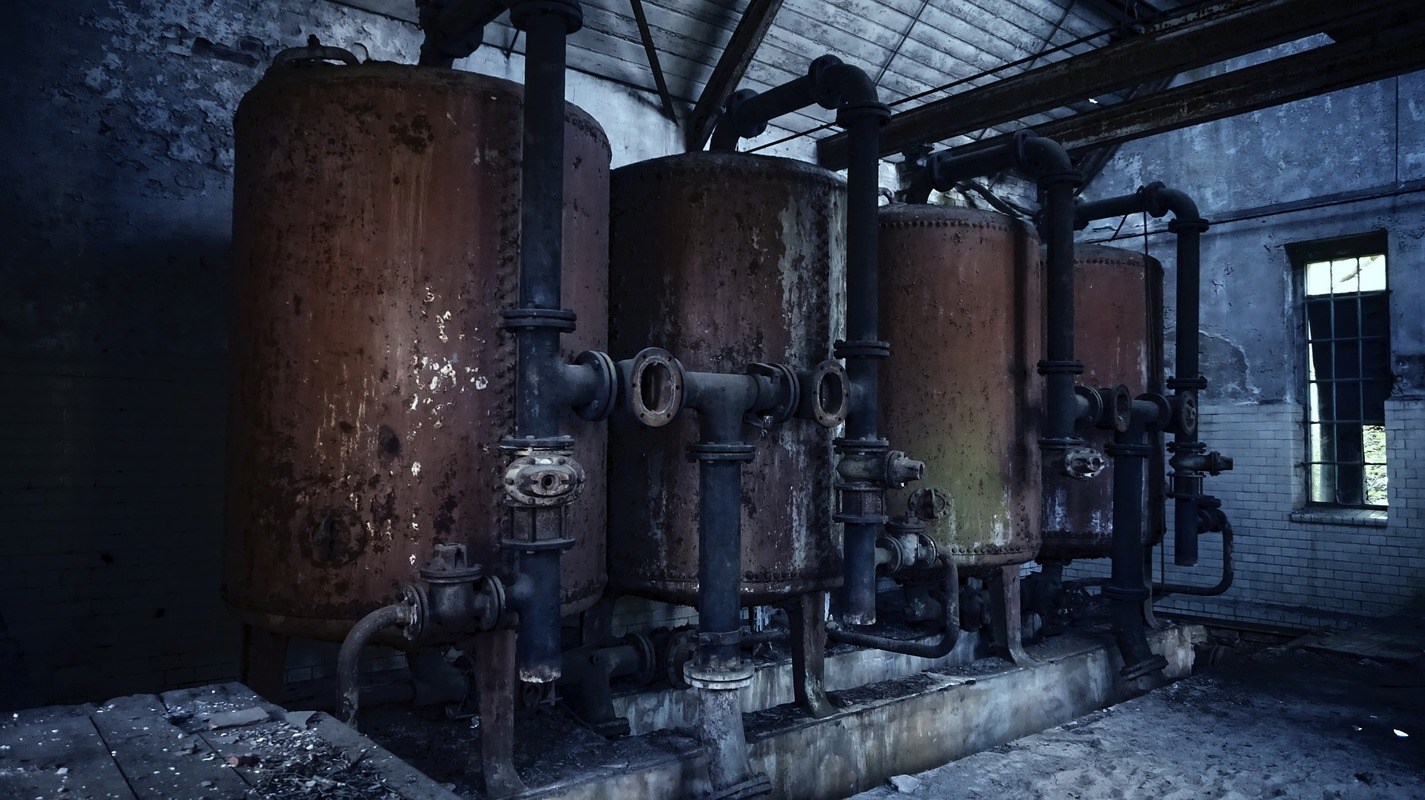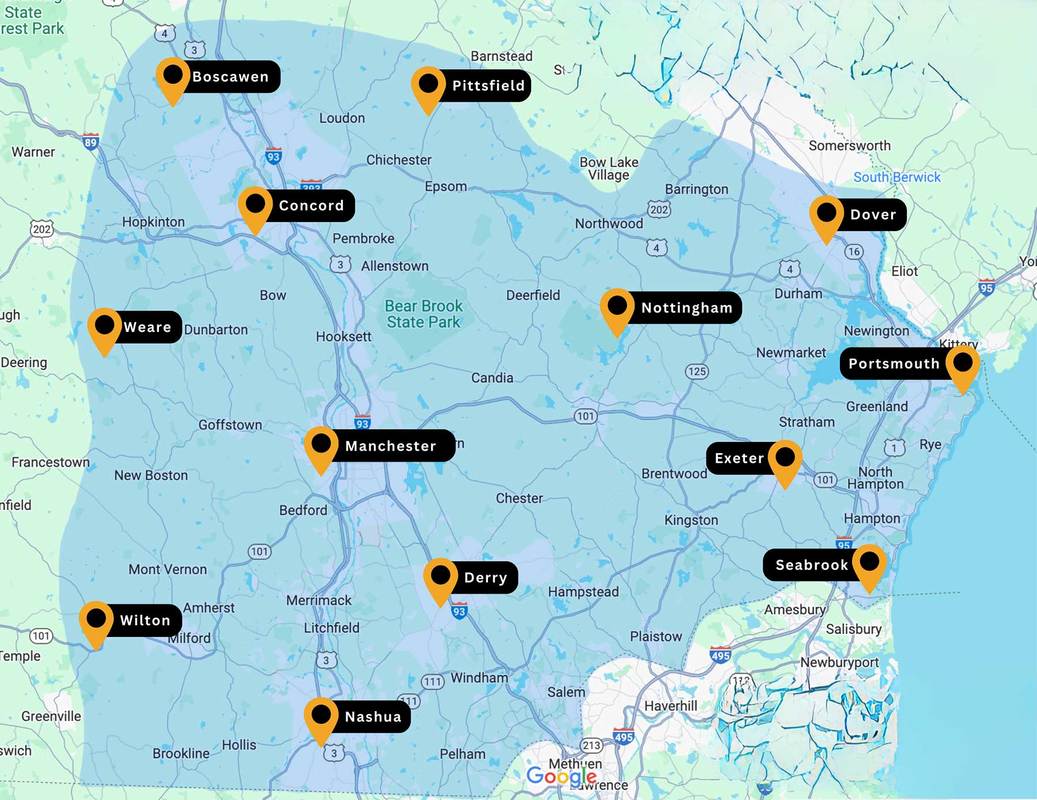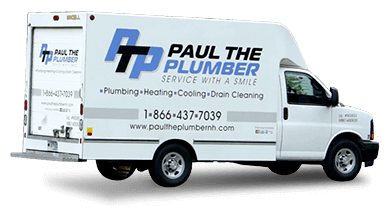
If someone asked you when the last time was that you checked your home boiler system, would you know what they were talking about? If you answer no, you’re not alone.
Most homeowners aren’t familiar with boiler basics. Have no fear though; Paul The Plumber is here with a boiler guide to help you understand the basics of your residential boiler system.
Think of this as boilers for dummies, and after you’ve finished reading, you’ll be able to answer basic questions about the boiler system in your home.
Residential Boilers 101
What is a boiler in a house? A boiler is an appliance that heats water that will eventually be used to transfer heat. Boiler systems are more efficient than forced air systems and do not require ducts. This reduces the number of dust, allergens, and mold from moving throughout the home.
What does the boiler do? Simply put, it is used to heat your home. Water flows through pipes to radiators throughout the building. Then, the radiators provide warmth by transferring heat into the room. Water heated by a boiler system can even be used for cooking and showering.
Types of Boilers
Not all boilers are the same! Each system operates differently.
There are three different types of boilers, which include:
- Combination boilers
- System boilers
- Regular boilers
Below, we’ll walk you through the finer details about each type of boiler system.
Combination Boiler
Combination boilers blend two types of heating systems: a high-efficiency water heater and a central heating boiler. A combination boiler will heat water coming directly from the main water line, eliminating the need for a cylinder to store water. This gives homeowners an opportunity to save on expenses because a separate pump is not required.
System Boiler
Combination boilers do not require a cylinder to store hot water, but a system boiler does. However, most of the components are built into the boiler so it has a quick and easy installation.
Regular Boiler
Also called a traditional or conventional boiler, a regular boiler only heats water. It requires a cylinder for storing hot water and two additional tanks, which are used for cold water storage and for maintaining water levels within the central heating system.
Does a Boiler Require Fuel?
Yes, boiler systems require a fuel source so the water can be heated. There are four main types of fuel sources for boilers:
- Natural gas, which is the most common
- Liquid propane, which is common in rural areas
- Oil, which is common in the northeast
- Electricity
What fuel is used depends a lot on where you are located and what the most efficient source of fuel in your region is.
Sizes of Boilers
Which size boiler you need depends on how much heat output is required to keep your home warm. This calculation should be done by a professional before having a boiler installed.
If your goal is to replace an existing boiler with a similar product, you can find the output ratings on the heating plate or sticker of the old boiler. It’s possible that you may be able to go to a smaller size, but check with an expert to confirm before you make a final decision.
Why Would a Boiler Need to Be Replaced?
Over the years a boiler can encounter performance issues, especially during the winter months. Trained technicians can diagnose and repair any issues that may occur with your boiler system.
Common boiler issues include:
- Freezing or cracking in extremely cold temperatures
- Puffback, gas, or oil vapors accumulating in the combustion chamber
- Boiler heating without adequate water supply and cracking the combustion chamber
- High voltage surges
- Copper theft
- Water damage
A trained technician has the skills to investigate and diagnose the cause of a boiler’s failure. They will determine whether your boiler can be repaired or if you will need a replacement.
How Do I Take Care of My Boiler?
The best tip for caring for your boiler system is to regularly check it for leakage that can lead to flooding or mildew in your home. It’s best to have your boiler system checked at least once a year by an expert technician.
A qualified HVAC technician will be able to check your system and make any adjustments that are required to ensure your boiler is running at maximum capacity.
If you suspect that there are any problems with your boiler, don’t try to repair it on your own. You can find a local, experienced professional by calling Paul The Plumber. Contact us today for boiler service with a smile!









